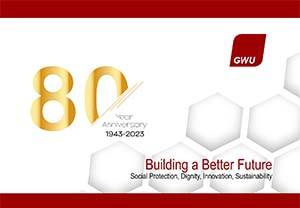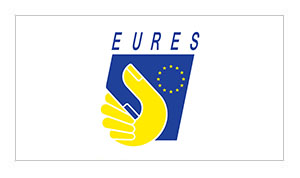We often hear this question between two people shopping in the supermarket or talking with friends. They ask each other the question: are you getting by on your income? Do you have enough money in your pocket? Is the money serving you? Do you have enough money to afford a fad? Do you have enough money to take your family out to dinner on the weekends or buy toys for your children? Just as every individual in society should live a decent life, a life of dignity where they can live out a whim and not just work and get paid.
From these questions arise various arguments about how expensive life has become,
especially recently, how many expenses we have that we did not have before, for example, cell phones, the Internet, TV, insurance and so on.
Through the joint work of the General Workers’ Union (GWU), the Alliance Against Poverty (AKF) and the Graffitti Movement, a professional study entitled “The Maltese Living Income” was launched with the aim of defining and calculating what the living income is for different types of families and individuals in Malta.
A study that is coming to an end in a few days, after about a year and a half of working
together. A study to determine if there are families and individuals whose income is not enough to live a decent life. When we talk about income, we do so in an overall framework that includes all aspects such as salary, benefits, pension, education and health and others, without the risk of poverty.
The aim of this study is to determine the level of income required to allow people in different socioeconomic contexts to live with dignity.
The living wage is precisely the minimum income with which a family or an individual in Malta can live a dignified life without being at risk of poverty. It is calculated based on a basket of products and services that are needed.
A study from which two main points should emerge – the circumstances that lead to the income of certain individuals not meeting the living wage, and the identification of the social groups that are most at risk of falling into this situation.
This will allow the social partners and policy makers to get a clear picture of the situation and push for the necessary reforms, because we believe and see that there are people in Malta, most of them workers and their families, who have a job and are not living in extreme poverty, but are still in a very difficult situation.







